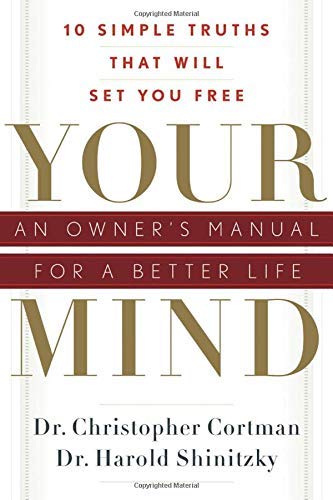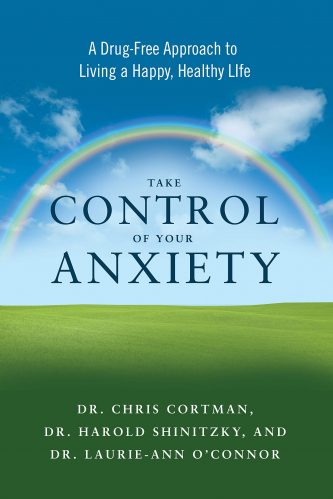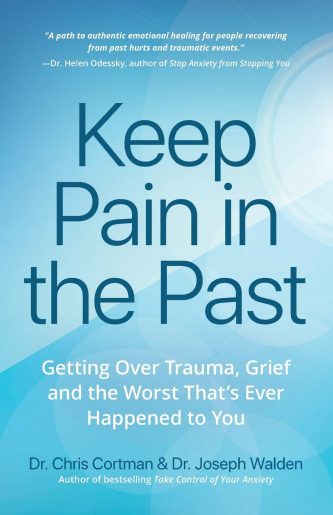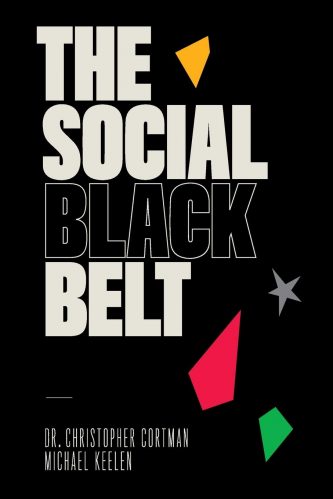
During their more than 80,000 hours facilitating psychotherapy, Drs. Cortman and Shinitzky realized that most people are unaware of 10 crucial psychological truths–truths imperative to maintaining mental health and well-being. As a result of this lack of awareness, people become anxious, depressed, and generally unhappy; if they learn the 10 truths, they are more likely to lead productive, fulfilled lives. Do you know that:
Emotions are understandable and contain valuable information?
Our behavior has a hidden purpose?
We all have an internal saboteur whom we must identify and control?
We can change how we act if we change how we think?
Time heals nothing?
Your Mind: An Owner’s Manual for a Better Life combines extensive psychological research with decades of clinical practice in a practical, easy-to-digest narrative. Through examples and exercises, Drs. Cortman and Shinitzky present a step-by-step strategy to help you make use of the truths and become a happier, healthier you.

Do you know what really triggers panic attacks? Are you aware of what thinking patterns create anxiety? Are you a chronic worrier? Have you ever self-medicated with alcohol or tranquilizers?
According to mental health professionals, anxiety disorders have emerged as the common cold of mental illness. Every family is touched in some way or another by anxiety issues and, with ever-increasing frequency, diagnosable anxiety disorders.
In Take Control of Your Anxiety–an easy-to-read, self-help book for the layperson–Drs. Cortman, Shinitzky, and O’Connor present the current understanding of anxiety: its genesis in the brain, its functions and contributions to human survival and growth, and its progression to pathology.
Each of the five major anxiety disorders is featured in a chapter that explores its etiology, practical steps and exercises for successful resolution, and real-life case studies of patients who have overcome the disorder. The authors use some levity to teach their concepts, including Dr. Seuss-like poems, popular music parodies, and other easy-to-remember aids. A tool box of simple resources and self-help techniques is also included. Most importantly, the authors emphasize a non-pharmaceutical, evidence-based approach to mastering anxiety issues and living a productive, well-balanced life.

Heal Psychological Wounds on Your Own
Move on from the emotional trauma of your past: Contrary to what many people believe, we can recover from emotional trauma relatively quickly and completely on our own, without thousands of dollars spent on therapists. Whether it’s extreme trauma such as sexual abuse or the horrors of war or less dramatic shame and guilt, we don’t need to spend years in intensive therapy to recover. Keep Pain in the Past provides a process that enables you to do most, if not all, of the recovery on your own.
Train yourself in psychological self-healing: While most people know what can be done to treat physical ills―like using ice on a muscle sprain―they don’t realize they can apply certain psychological principles to treat anxiety, depression and other conditions. Keep Pain in the Past teaches you the critical 21st century skill of treating psychological wounds on your own.
Treat yourself and heal old wounds: People may suspect that trauma from their past is affecting them negatively, but they take refuge in denial because honestly, surfacing that pain hurts. Keep Pain in the Past helps you identify and face pain, and find closure on your own.
Learn from the success of others: Discover how Sheri, a 37-year-old attorney, recovered from panic attacks that seemed to come out of nowhere. Follow the journey of Mark, a 29-year-old Army veteran who experienced the horror of war in Afghanistan, as he healed from the downward spiral that had caused him to lose his job and become increasingly uncommunicative with his family. Explore how Melinda, a 42-year-old professor who struggled to sustain a romantic relationship, confronted her torturous childhood and has now found love that is still going strong after three years.
Keep Pain in the Past achieves what conventional therapy does not. After reading this book, you will be able to: Confront your emotional baggage, reach closure, discover a life unhaunted by the trauma of your past

Based on over 35 years and 75,000 hours of facilitating psychotherapy, Dr. Christopher Cortman has developed a simple, step-by-step program comprised of 10 psychological truths that can help anyone-young and old alike-gain control over their emotions, change their thought patterns and behaviors, and lead happier and more productive and fulfilling lives.
Co-written by high school educator and mentor Michael Keelen, this guide to better living takes specific aim at those who are most often in need of real direction and clarity-today’s adolescents and young adults. Through easy and fun prose, relatable anecdotes, and simple instructions and exercises, The Social Black Belt gives young people the skills they need to navigate some of the most difficult social and emotional challenges of their lives and the tools they need to build a solid foundation for their futures.

A young psychologist grapples with the consequences of severe child abuse, when encountering two women remembering horrific accounts from devil worshipping cults. The doctor is amazed to learn that the women hail from different states, but tell similar stories of incest, child sacrifice and cannibalism. Both, he soon learns, have created alter personalities to help them carry and contain the horrific memories and concomitant feelings from the abuse. Along the way, he gains an ally in a government agent who validates the women’s stories and existence of the cult. All parties are challenged to face their fears in an effort to survive and heal.
